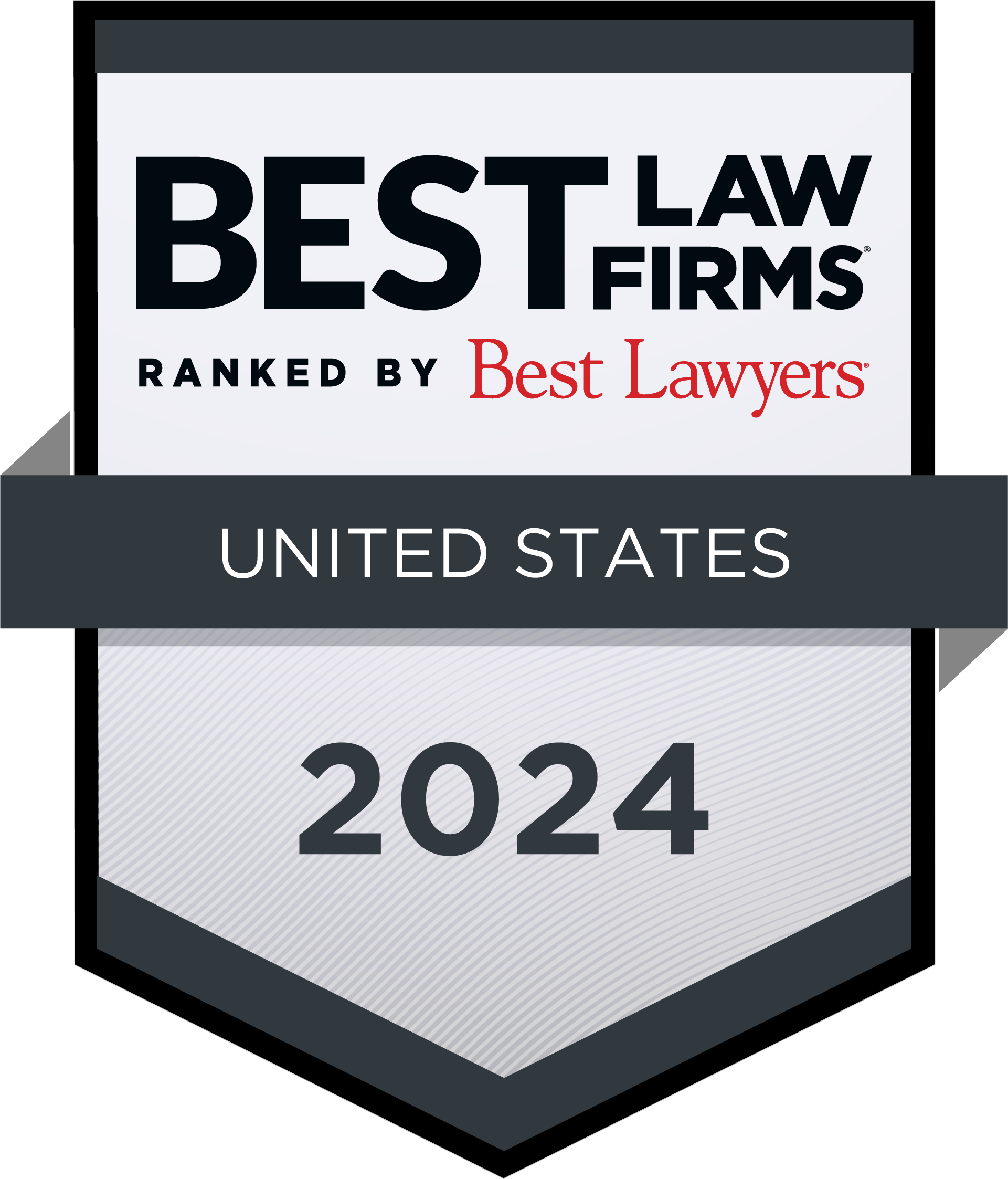by Joseph Brophy for the Maricopa Lawyer, a publication of the Maricopa County Bar Association
On August 8, 2023, the ABA House of Delegates passed Resolution 100. The resolution amends ABA Model Rule 1.16 to make explicit a lawyer’s duty to “inquire into and assess the facts and circumstances of a representation” at the time the lawyer is engaged and throughout the representation to ensure that the lawyer’s services are not used to “commit or further a crime or fraud.” But ER 1.2(d) already prohibits a lawyer from advising or assisting a client in conduct the lawyer “knows” is criminal or fraudulent, and ER 1.16(a)(1) already prohibits a lawyer from taking a representation that “will result in violation of the Rules of Professional Conduct or other law.” What is going on here?
The comments to the revised rule, as set forth in Resolution 100, make clear that the ABA’s alleged concern is the use of lawyers to engage in money laundering and terrorist financing: “[T]he impetus for these proposed amendments was lawyers’ unwitting involvement in or failure to pay appropriate attention to signs or warnings of danger … relating to a client’s use of a lawyer’s services to facilitate possible money laundering and terrorist financing activities.” Fair enough. But while Resolution 100 contains a number of references explaining the problem of money laundering in the United States generally, the accompanying report is bereft of any indication that money laundering through lawyers or law firms in the United States is a material component of this problem. Presumably, that is because (1) there is not a money laundering problem in U.S. law firms and (2) the problem ABA is trying to address with Resolution 100 has nothing to do with improving the judicial process, protecting clients or improving legal services.
Resolution 100 does not hide the fact that the ABA amended ER 1.16 for fear of Congressional legislation. Specifically, early drafts of the Corporate Transparency Act (passed in 2021) would have required lawyers to disclose beneficial ownership information relating to their clients to the federal government in contravention of their ethical obligations under ER 1.6 (duty of confidentiality). That effort failed. In July 2022, the House of Representatives attempted, but failed, to pass legislation to have lawyers or law firms regulated as financial institutions, which would have required them to comply with the Bank Secrecy Act, which would require lawyers to file suspicious activity reports on their clients. Evidently, the Department of Treasury threatened the ABA to continue pushing this issue with Congress.
The ABA takes the position that the amendments “make explicit that which is already implicit.” And there is some truth to that statement. However, if the issue were that simple, then the federal government would not have insisted that the ABA amend Model Rule 1.16.
First, there is something unseemly about the ABA folding in the face of threats by the federal government to force lawyers to provide law enforcement with information about their clients. The Rules of Professional Conduct exist to protect clients and the justice system from dishonest or incompetent lawyers. Those rules are not in place to assist law enforcement or to serve as a legislative bargaining chip. Second, the ABA enacted the amendments to appease an interest group (federal and international law enforcement) whose interests may be averse to the client.
Third, the amendments to ER 1.16 change a lawyer’s duty from refraining from assisting in criminal or fraudulent activity about which the lawyer knows or has reason to know (ER 1.2(d)), and now obligates a lawyer to investigate the client’s intentions throughout the representation. It is one thing for a lawyer to not assist in activity he “knows” to be nefarious (which prohibits “willful blindness” under the existing rules). It is quite another thing for a lawyer to have an independent duty of investigation into the client’s intentions. While this new duty does not make a lawyer an agent of law enforcement, it certainly imposes on the lawyer a new duty that is not owed to the client and is undertaken at law enforcement’s behest. The ABA’s inclination to defend the attorney-client relationship from harmful legislation is admirable, but its apparent denial that amended ER 1.16 does not alter and potentially harm that relationship is somewhat less admirable.
Perhaps the ABA was right to act to fend off potential legislation that, admittedly, would have damaged the attorney-client relationship worse than the amendments in Resolution 100. It is unclear from the ABA’s report how close the threatened legislation was to passing. Presumably the ABA knows a few people on Capitol Hill. But how these amendments came about, that they were not made to address a real problem in the United States involving American lawyers, and the fact that they alter every attorney-client relationship, not just the miniscule group of lawyers who represent money launderers and terrorist financiers, should not be ignored when state supreme courts consider whether to adopt them.
In the meantime, the transactional lawyers in the Maricopa Lawyer’s vast readership (including those of you who practice in the area of terrorist financing) should take a look at Resolution 100, which includes the amendments to ER 1.16 and the comments, and consider how these changes would potentially affect you. It will not be long before Arizona considers whether to adopt them.
About Joseph A. Brophy
Joseph Brophy is a partner with Jennings Haug Keleher McLeod in Phoenix. His practice focuses on professional responsibility, lawyer discipline, and complex civil litigation. He can be reached at jab@jkwlawyers.com.
The original article appeared in the October 2023 issue of Maricopa Lawyer and can be viewed here:
https://jkwlawyers.com/wp-content/uploads/2023/10/231002-ML.pdf.




